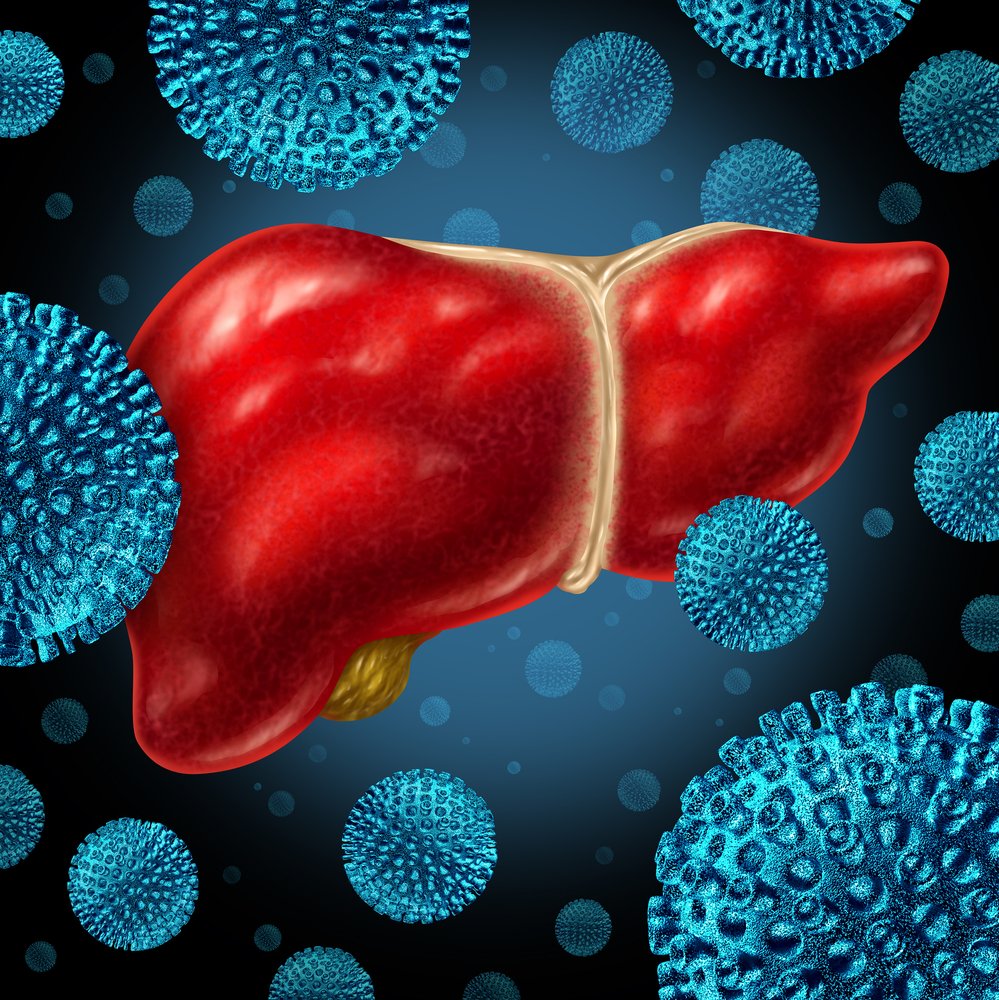People with Hepatitis B and C Are More Likely to Develop Parkinson’s Disease, Study Says

Hepatitis B and C patients are more likely to develop Parkinson’s disease (PD) than people without hepatitis, according to a British study, “Viral hepatitis and Parkinson disease,” that appeared in the journal Neurology.
Hepatitis is a chronic liver inflammation usually triggered by viral infection. Hepatitis B and C are spread through contact with body fluids from an infected person, often as a result of unprotected sex or the sharing of needles or toothbrushes. Between 850,000 and 2.2 million Americans have chronic hepatitis B virus infection, and 2.7 million to 3.9 million have chronic hepatitis C, estimates the Centers for Disease Control and Prevention.
“The development of Parkinson’s disease is complex, with both genetic and environmental factors,” Julia Pakpoor, the study’s first author, said in a news release. “It’s possible that the hepatitis virus itself or perhaps the treatment for the infection could play a role in triggering Parkinson’s disease or it’s possible that people who are susceptible to hepatitis infections are also more susceptible to Parkinson’s disease. We hope that identifying this relationship may help us to better understand how Parkinson’s disease develops.”
Researchers analyzed medical data from the English National Hospital Episode Statistics and mortality data (from 1999 to 2011) to investigate the relationship between Parkinson’s and hepatitis B, hepatitis C, autoimmune hepatitis, chronic active hepatitis and HIV. Their analysis showed that people with hepatitis B were 76 percent more likely to also develop Parkinson’s, while patients with hepatitis C were 51 percent more prone to develop Parkinson’s than the general population.
The likelihood of hepatitis B and hepatitis C was 82 and 43 percent, respectively, when the analysis considered only those episodes of care for Parkinson’s that first occurred at least a year following each exposure condition.
The study found no significant link between Parkinson’s and autoimmune hepatitis, chronic active hepatitis or HIV.
“We report strong evidence in favor of an elevation of rates of subsequent PD in patients with hepatitis B and hepatitis C,” researchers wrote. “These findings may be explained by factors peculiar to viral hepatitis, but whether it reflects consequences of infection, shared disease mechanisms, or the result of antiviral treatment remains to be elucidated. Further work is needed to confirm this association and to investigate pathophysiologic pathways, potentially advancing … [an] understanding of PD more broadly.”






